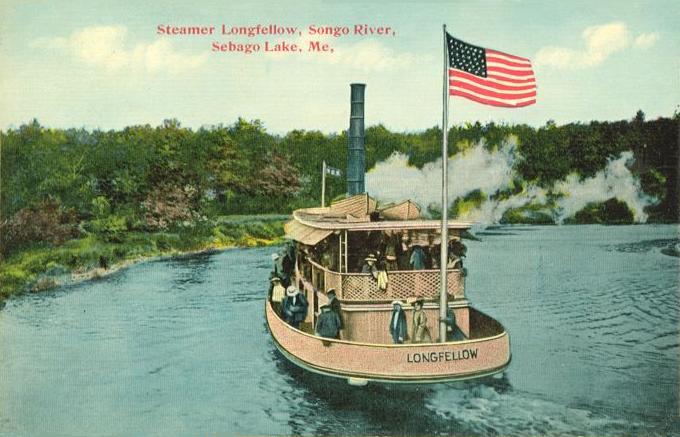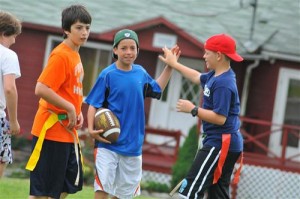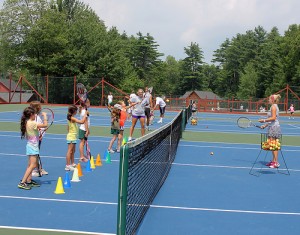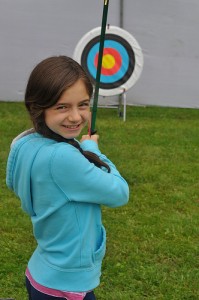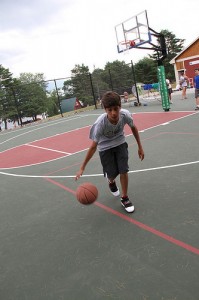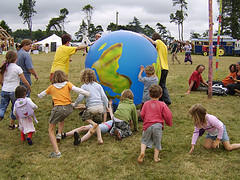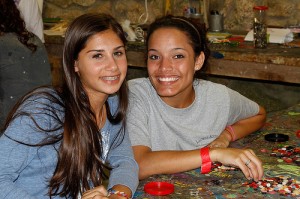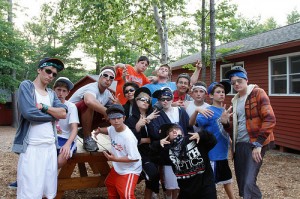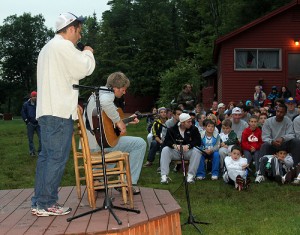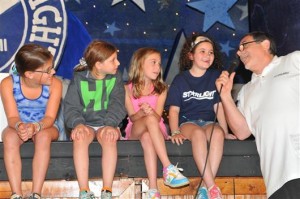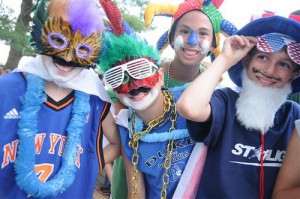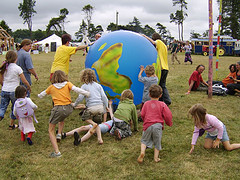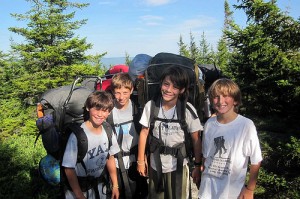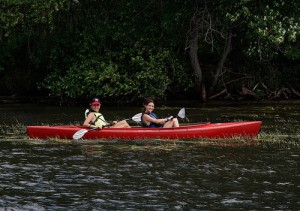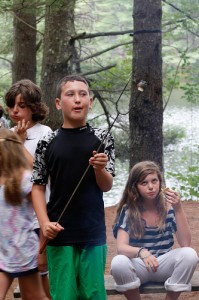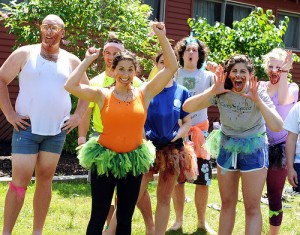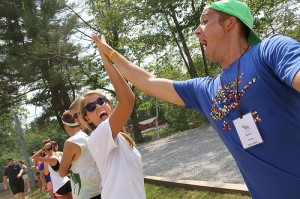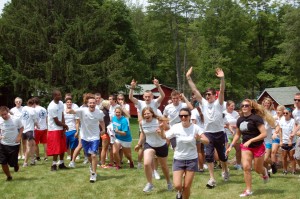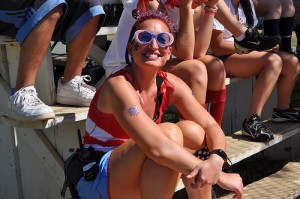Have you ever wondered where, exactly, are American summer camps? What are the towns like? Is there anything worth a look besides the camp? The answer is YES! America’s Finest Summer Camps are located in some of the most beautiful and historical areas of the U.S. and the surrounding regions are often overflowing with plenty of worthwhile things to do and see. The following blog is courtesy of Camps Laurel and Laurel South and provides a glimpse into Mount Vernon and Casco, the homes of the Laurel camps.
“If you know Camp Laurel or Laurel South, you’re familiar with Mount Vernon or Casco. You might think of them as way stations on your way to or from camp – but they’re much more than that.
 Mount Vernon is a gem in the Kennebec River valley. The tiny beach next to the community center; the former church with Victorian stick-work; the 200-year-old gristmill; the brick general store selling everything you could possibly think of (from bait to pesto) – all make it worth more than drive-through on the way somewhere else.
Mount Vernon is a gem in the Kennebec River valley. The tiny beach next to the community center; the former church with Victorian stick-work; the 200-year-old gristmill; the brick general store selling everything you could possibly think of (from bait to pesto) – all make it worth more than drive-through on the way somewhere else.
Filled with artists, writers, educators, farmers and retirees, it’s got a quirky, eclectic but very real community feel. It’s also got plenty of history. Elizabeth Arden built a health spa here. Her guests included Eleanor Roosevelt, Judy Garland and Ava Gardner.
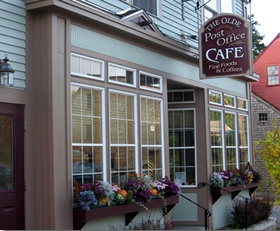 Mount Vernon has a “hippie sensibility” – really a spirit of independence and self-reliance – that dates back to the 1700s, Downeast Magazine has written. With only 1,500 residents – along with moose, deer and bald eagles — the town packs a lot into its hilltop meadows, wooded valleys, ponds and lakes.
Mount Vernon has a “hippie sensibility” – really a spirit of independence and self-reliance – that dates back to the 1700s, Downeast Magazine has written. With only 1,500 residents – along with moose, deer and bald eagles — the town packs a lot into its hilltop meadows, wooded valleys, ponds and lakes.
If you have time for only one thing in Mount Vernon, head to the Olde Post Office Café. It’s the unofficial town center for breakfast or lunch. You won’t regret it.
Casco, in the Sebago Lakes Region, also dates its founding to the 1700s. It too was a mill town. In the 1840s, steamboats on Sebago Lake and the canals carried tourists and freight. The lake – since 1938, part of a state park – helps shape the town’s character, and provides plenty of recreational opportunities.
Point Sebago Resort offers many of the amenities of Laurel South (for those who are not of camp age), while the town itself – about the same size as Mount Vernon – has a variety of good restaurants. One of our favorite stops is Webbs Mills Variety just down the road from camp. It’s meatloaf sandwich is a favorite. And how about Crescent Lake? It is truly one of southern Maine’s most beautiful. There’s really nothing like it.
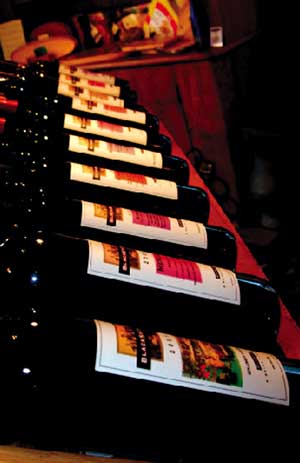 You also can’t leave Casco without a quick stop at Blacksmiths Winery for a sip on the famous Porch or in the Tasting Room.
You also can’t leave Casco without a quick stop at Blacksmiths Winery for a sip on the famous Porch or in the Tasting Room.
Casco’s not far from Portland – providing a nice counterpart to city and ocean tourism for anyone heading back and forth from Laurel South.
So, join us at camp this summer for a visit…and get a taste of the local color in Mt Vernon or Casco.”
In Part II, we’ll take a look at some of the unique and special areas of the Catskills and Poconos, the beautiful mountain areas of Northeast Pennsylvania and New York state that surround Camps Starlight and Weequahic.

 570-798-9831
570-798-9831
